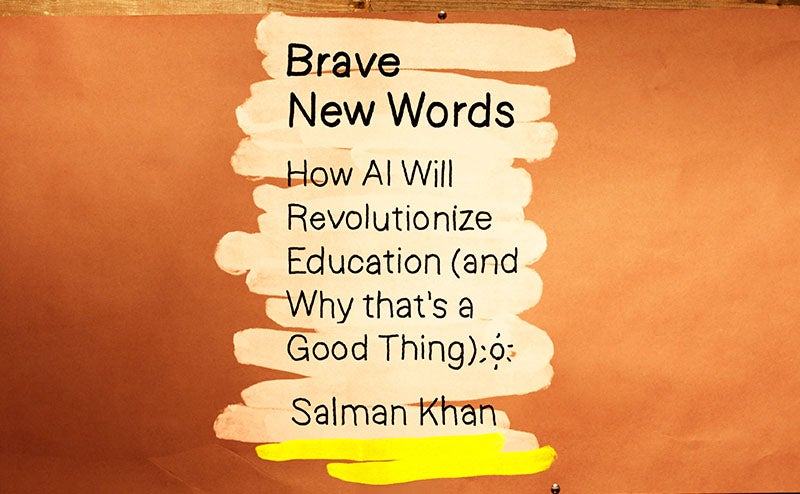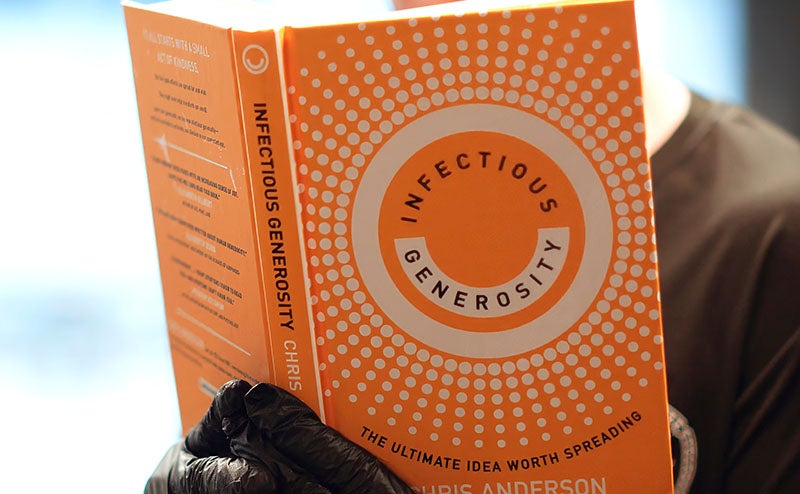Our path out of the pandemic has always required one thing – a commitment to equity.
I talked with Michael Pollan, author of The Omnivore’s Dilemma, about eating meat, and whether meat alternatives can appeal to meat eaters.
Bill Gates: Why should people consider replacing meat in their diets?
Michael Pollan: Three principal motivators: health, because we know high consumption of red meat correlates with higher chances of certain cancers; and the environment, because we know that conventional meat production is one of the biggest drivers of climate change, as well as water and pollution; and ethics, since the animal factories that produce most of our meat and milk are brutal places where animals suffer needlessly.
Bill Gates: Where would meat alternatives fit in The Omnivore’s Dilemma?
Michael Pollan: As a legitimate option for a conscious carnivore – though it must be said that growing more soy is no boon to the landscape either. It won’t help us diversify our farms.
Bill Gates: What has limited the success of plant-based meat substitutes in the past?
Michael Pollan: Mock meats of various kinds have been around for years, but the quality has been questionable and, perhaps just as important, the price has been high: higher in many cases than real meat which, when you remember they’re mostly made from soy, makes little sense. But the market was small and specialized, and the economies of scale probably weren’t there. Also, these products were not designed to appeal to meat eaters – rather, to vegans and vegetarians with low expectations and, perhaps, little basis for comparison.
Bill Gates: Have you tried any of these new meat alternative products? If so, what did you think of them?
Michael Pollan: I’ve tried a few, and have not yet been overly impressed. There’s still a lot of work to be done.
Bill Gates: Where do you see the market for these products going in the future?
Michael Pollan: I think there is great potential for meat alternatives, and the industry deserves a lot more investment and R&D than it has thus far received. If decent alternatives for cheese can be developed, I see no reason why frozen pizzas – which have become a tremendous global business – wouldn’t try to use them, especially if they reduced costs.




